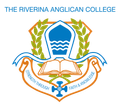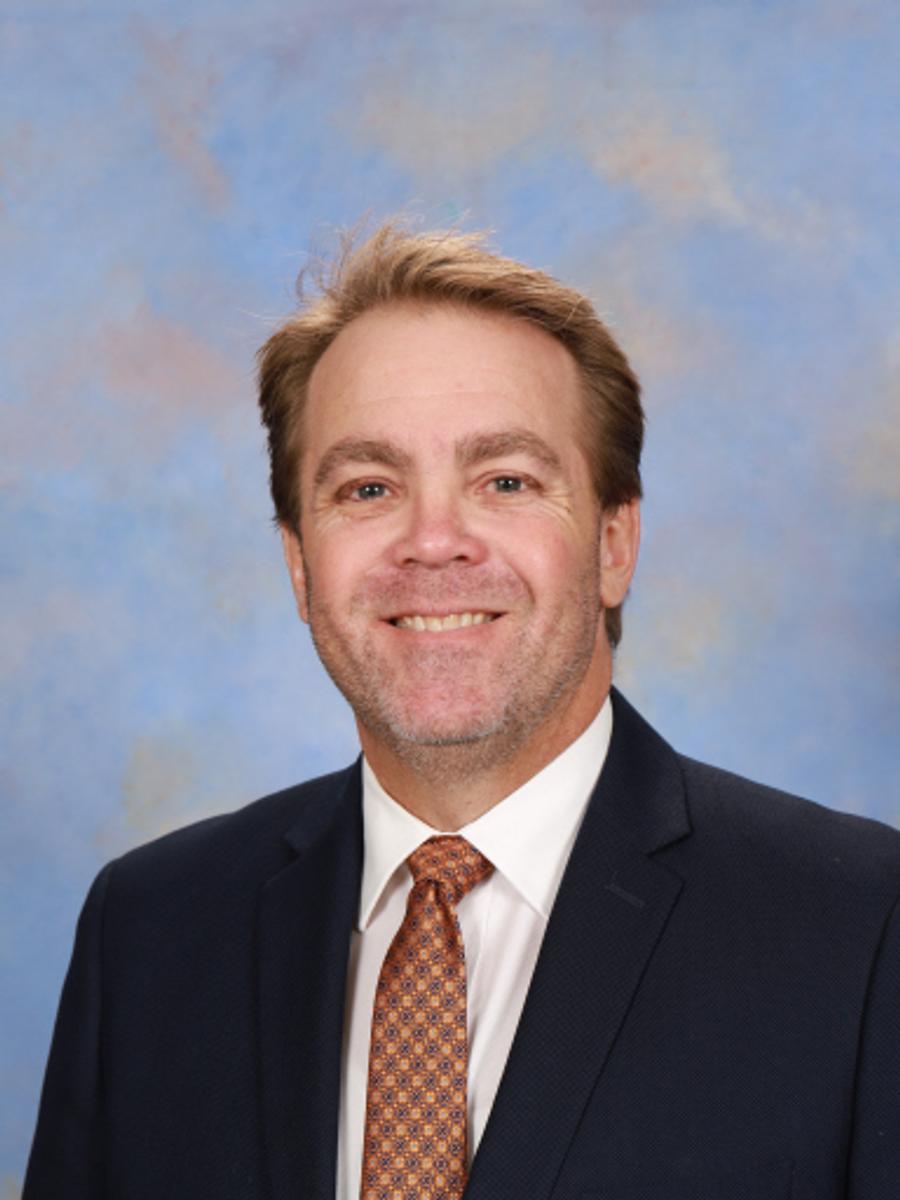PRINCIPAL'S REPORT

The changing landscape of education
I thoroughly enjoyed my time at school growing up in Brisbane in the 70’s and 80’s and I sincerely hope that the parents in our College community enjoyed their time at school as well. From my perspective this is important because when parents have a positive approach to education and value it, this is one of the prime movers in a child enjoying school and doing well. The memories of school that our parents have can sometimes be difficult to reconcile when faced with the modern educational paradigm and the challenges our students do and will face in this century.
In the years since many of our parents, grandparents and even alumni left school and since many of the teachers at the College graduated from university and began their careers, education legislation, WHS and risk mitigation regulations, syllabus content, wellbeing education, leadership education entrepreneurial partnerships, reporting processes, digital technologies and careers have evolved exponentially…not always for the good…and there is more to come.
The modern paradigm.
- In 2020 the focus is on providing opportunities for students to transition beyond knowing and doing to understanding and conception; acquiring conceptual understanding provides a solid basis for their future learning and post-school experiences.
- The classroom has been flipped. At Mitchelton State High School in the 1980’s, my teachers talked for approximately 80% (sometimes it felt like much longer) of the lesson and the students worked for 20%. In the modern classroom, the teacher ‘hopefully’ holds the floor for 20%, allowing students 80% of the time to be engaged in active learning, investigation and collaboration.
- The active learner not only answers questions but also learns to develop their own inquiry questions that lead to in-depth investigations and discovery.
- The classroom is no longer the mainstay of learning…our devices and access to the entire history of human knowledge, creativity and thought is able to be carried in our pocket…as the flipped classroom has fundamentally changed the interactions within the classroom, so too has learning changed its location – it is portable.
- Digital technologies today allow the teacher to reach out beyond their space - a lesson digitally stored and distributed can be revisited as often as needed.
- The list of resources available to the 2020 educator and student is virtually endless. Digital classrooms, robotic classrooms, virtual classrooms, remote classrooms are not concepts for the future … they are our reality.
If The Riverina Anglican College is to continually improve and evolve to be the best school we can be, we must continue to strive to provide our students with a germane, engaging, globally relevant education.
So…what do we do to meet this challenge?
- Successful people are lifelong learners…we nurture this in every facet of College life.
- As education professionals we continually explore the possible/probable future needs of society to ensure we are preparing our students for their adult and working life.
- We are inspired by and engage with world class thinkers – and not just educators – scientists, mathematicians, craftsmen and women, TAFE, artists, engineers, astronauts, athletes, sportsmen and women, politicians and our College parents.
- We explore different modes of assessment and reporting to allow us to better serve our students and their aspirations.
- We unashamedly use as much educational data and differentiated programs as we can to ensure that the literacy and numeracy of our students is as good as they can be and our practices model excellence and are ever-evolving.
- We continually develop differentiated teaching and assessment that enables and empowers ALL of our students as they prepare for life after school.
- We strive to make learning more relevant for our students by connecting learning to current and future realities.
- We are moving beyond traditional industrial-era examination papers and processes as the mechanism that allows us to measure how each student has progressed.
- We are developing project-based learning to ensure that our college reflects and prepares our students for a range of possible futures.
This can be overwhelming to parents who find what their children are doing is so very different to their experience at school…I am an educator and I am often totally flabbergasted by the ways in which my own children learn! It is normal that something this different may cause you to ask why we are doing what we are doing, and how it will benefit your child.
These are great questions and I encourage you to make contact with your child’s teachers and start a conversation. We want you to be an integral and active part of your child’s learning journey at The Riverina Anglican College.
Paul Humble | Principal

